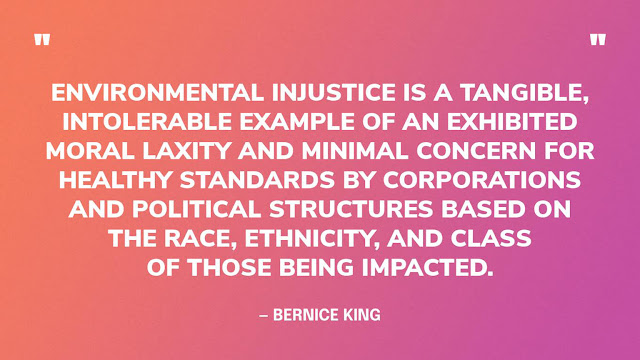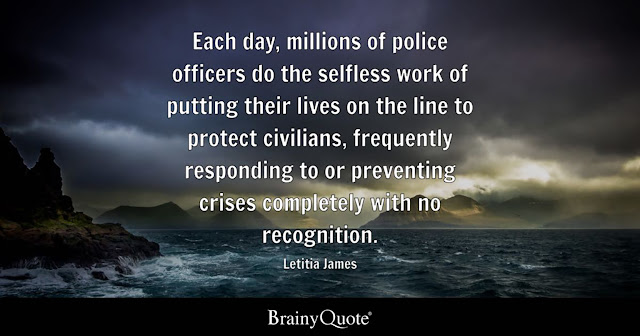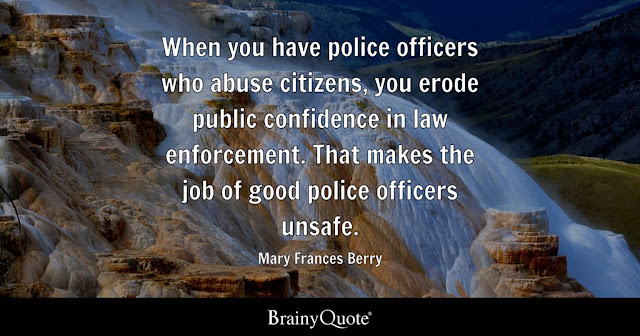By Jan S. Gephardt
It’s called “Housing First,” and it’s a well-tested, successful, and cost-effective approach to the growing problem of unhoused people. It’s also humane and supportive – which may be why a lot of people have never heard of it. For a certain school of policy-making thought, I guess it just doesn’t punish poor people enough?
Whether you call them “homeless,” “persons experiencing homelessness,” or “unhoused persons” probably matters little in practical reality, although some would disagree. Poor people who can’t find a safe, secure place to sleep at night or keep their stuff from being stolen labor under a whole range of disadvantages. That’s a problem – both for the individuals who live each day in that dangerous situation, and for their communities.
-UNIVERSAL-DECLARATION-OF-HUMAN-RIGHTS.png) |
| Graphic treatment by the author. Logo courtesy of the United Nations Office of the United Nations High Commissioner for Human Rights. |
The Universal Declaration of Human Rights and Housing First
But how should we solve the problem? The traditional way, tested for centuries and failing for centuries, says if we do anything at all, we certainly should make them clean up their act before they “deserve” help. But if you accept the Universal Declaration of Human Rights, the traditional view gets it exactly backwards. Also, it’s cruel, ineffective, and dehumanizing.
Article 25 (1) says, "Everyone has the right to a standard of living adequate for the health and well-being of himself and of his family, including food, clothing, housing and medical care and necessary social services, and the right to security in the event of unemployment, sickness, disability, widowhood, old age or other lack of livelihood in circumstances beyond his control." (my emphasis).
“Housing First” embodies that concept. And yes, strange as it might seem, the United States did ratify that agreement – although a lot of people in our assorted legislatures, a majority of dedicated capitalists, and a far-too-loud segment of the chattering class would like to conveniently forget that part.
 |
| Many thanks to Landgeist.com, (Twitter @Landgeist Instagram @Land_geist). |
How Big is the Problem?
Nearly every city of any size seems to have a growing number of unhoused persons. And no, that’s not your imagination. According to the 2022 Annual Homeless Assessment Report from HUD Public Affairs (the most recent one out, at this writing), there’s been an upward trend in this population since 2016. The COVID-19 pandemic made it worse, despite official moratoriums on evictions.
Not every place has the same levels of homelessness, though. Whatever your take on “Blue State” cities and their status as strongholds of “bleeding-heart liberals,” unhoused populations are generally higher there. That’s not because less liberal places are kinder – it’s because affordable housing is harder to find in vibrant, growing cities where real estate prices are highest.
Atlantic writer Jerusalem Demsas likens it to a game of “musical chairs” where there are more children than chairs. Or, in this case, more people than places to live. Those who can’t compete (read that “those not paid a living wage or even sometimes higher”) are literally left out in the cold. Creating more available, affordable housing is the obvious answer and it’s a basic tenet of the Housing First model. Still, cities and legislators resist.
 |
| Many thanks to GoodGoodGood and Ron Hall. |
But What about Personal Responsibility?
Most of us don’t spend much time thinking about the rights and problems of our fellow human beings who are unhoused. If we are not ourselves among the working poor – or even if we are – it’s uncomfortable to think about. We’ve probably avoided making eye contact with panhandlers on the street. Stood so we’re upwind of a “street person” or “rough sleeper” who smells bad. Maybe even complained that they’re trashing our parks and street corners, or that they make us feel unsafe.
We also commonly wonder how they got themselves into this mess. Is it because they have PTSD and can’t hold a job? Because they’re alcoholics or addicted to some other drug? Because they’re lazy or can’t manage their money? Underlying all of these questions is the question of what is wrong with them? What character defect made them vulnerable to this? Why can’t they take personal responsibility?
We (all too self-righteously) often unconsciously accept the idea that “Well, clearly something must be wrong with them, because it hasn’t happened to me.” But that’s buying into the myth of the “undeserving poor.” We assign primary blame to the unhoused person, when all too often they ended up unhoused because they ran out of options. We never stop to wonder if maybe nothing is wrong with them, or if they really aren’t “degenerate,” but merely unlucky. We don’t do that, because doing that makes us feel way more unsafe than any “scary” homeless person’s presence could.
 |
| Many thanks to GoodGoodGood and Terence Lester. |
Evolving Views on Addiction, Dysfunction, and Enabling
I now have a personal understanding of issues connected with addiction that I didn’t have fifteen years ago before a close family member went through that long, dark tunnel and unintentionally dragged the rest of us along. I’ve had an up-close-and-personal view of the state of addiction treatment and recovery during a period when the opioid crisis also dragged a lot of other families through their own long, dark tunnels.
Like many other wide-eyed, unprepared family members, I’ve been exhorted to apply “tough love.” I’ve been accused of “enabling dysfunction.” And most definitely criticized for not allowing my loved one to “hit bottom” so “recovery can begin.”
I’ve emerged from that experience with a currently-sober, functional, recovering family member (for which I'm thanking God, day-by-day). My family and I also have a lot of healing bruises and new (inward, spiritual) scars . . . And I know I now have a profound disgust for traditional, “one-size-fits-all,” “destroy ‘em to fix ‘em,” blame-based models of addiction treatment. People heal, recover, and grow, I’ve discovered, when they’re given realistic supports and autonomy-empowering options.
That’s why I see a lot of sense in the Housing First approach. It looks past the oppressive prejudice. Past the smelly clothes and scruffy appearance that lack of access to bathrooms and laundries guarantee. And past the trauma upon trauma that life on the streets inflicts endlessly. Instead, it focuses on the person. What does this person need? How can this person feel secure enough to look beyond the grinding daily struggle to survive, and find their unique way to thrive? How can this person, with all their challenges and strengths, be empowered to live their best life?
 |
| Many thanks to BrainyQuotes and American sociologist Matthew Desmond. |
The Many Challenges to Come
In the United States, Housing First is slowly beginning to gain ground, but it still is regarded as “experimental” and strange. It takes a while to bring people’s hearts and minds around. People still resist seeing new permanent housing for the formerly homeless as a better, more functional approach than bulldozing homeless encampments in the middle of the night. Especially if that new permanent housing is anywhere near their neighborhood.
Old-school ways of thinking and “cop culture,” which favor criminalization of the unhoused, will take a while to get rid of – even though they cost significantly more than Housing First. We’ll always have to push back against those who prefer to shove unhoused persons out of sight, rather than deal with them as human beings.
Ultimately, however, we can’t criminalize people out of existence. We cannot solve the problem just by wishing it didn’t exist. Unhoused persons will never find housing until it becomes available. Housing First offers a better way forward.
IMAGE CREDITS
Many thanks to the Office of the United Nations High Commissioner for Human Rights for the use of their logo and to Landgeist.com, (Twitter @Landgeist Instagram @Land_geist), for their map. I’m also grateful to GoodGoodGood.com, Ron Hall, and Terence Lester, as well as BrainyQuotes.com and American sociologist Matthew Desmond, for the illustrated quotations.










